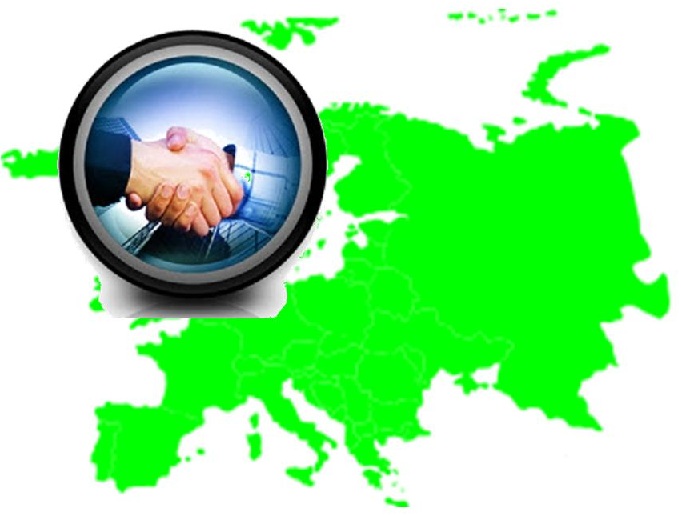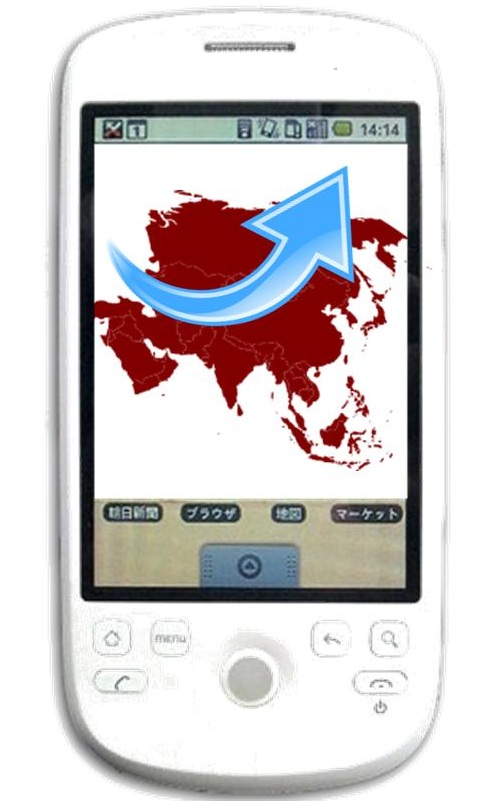 TAS Group and Payair team to introduce new mobile commerce solution
TAS Group and Payair team to introduce new mobile commerce solution
The TAS Group and Payair, both leaders in the mobile shopping and payments space, have joined forces to launch a new mobile commerce solution for retailers in Europe. Mobile commerce has been growing in several European countries over the past two years, with many consumers showing favor for using their mobile devices to purchase products rather than traditional forms of currency. The TAS Group and Payair believe that a new mobile commerce platform will help spread the reach of mobile commerce throughout the region.
Platform will include technologies and services from both companies
The new mobile commerce platform incorporates technologies and services from both companies. Payair’s mobile payment systems will be in place for the platform, while technology from the TAS Group that is used to manage payments and other such services will also be a prominent feature of the platform. Location-based marketing, CRM, and analytic data will all be used to ensure that the platform will be a major benefit for its adopters.
Mobile commerce transactions protected through cloud network
The mobile commerce platform is being designed to be safe for consumers to use. Consumers will simply register their financial information through a cloud computing network. The network will not store this data in any way and it is simple used for verification purposes initially. When a consumer makes a purchase using the new platform, they make a connection to the cloud network, which accesses their financial information to complete the transaction. Once payment has been rendered, the connection is severed.
Platform uses QR codes rather than NFC technology
Of note, the mobile commerce platform will not be making use of NFC technology. This technology has become a cornerstone for most modern mobile commerce initiatives, but has also attracted strong criticism from the parties interested in mobile payments. Instead, Payair and the TAS Group will be focusing on QR codes. The codes can be scanned to initiate a mobile transaction. Retailers using the platform will be able to link QR codes to all of their products, with each code being unique for each product that company is selling.

 Mobile commerce becomes a major focus of Asian retailers
Mobile commerce becomes a major focus of Asian retailers